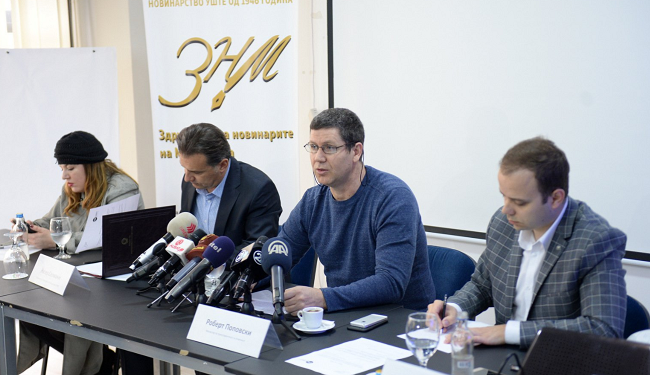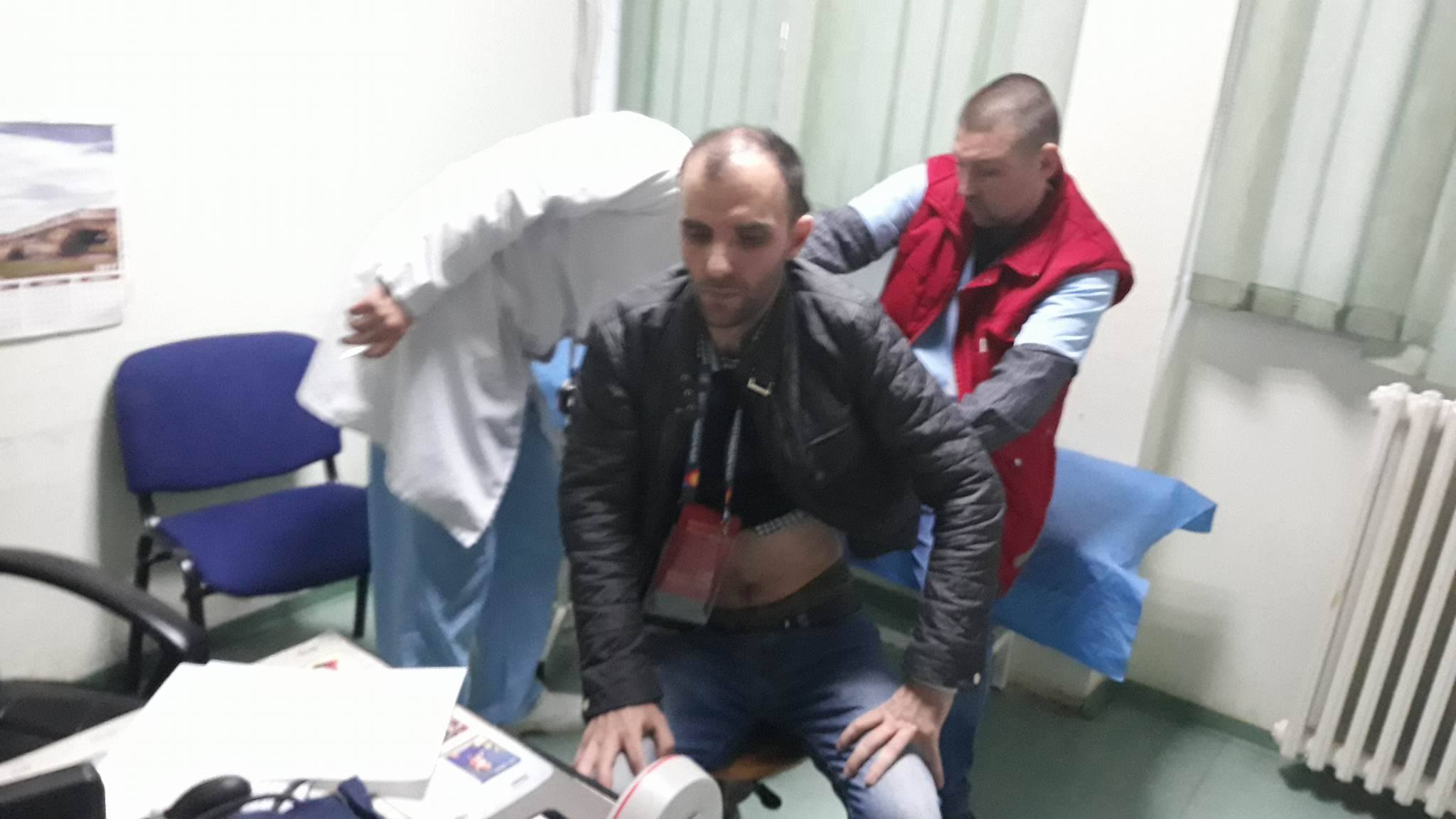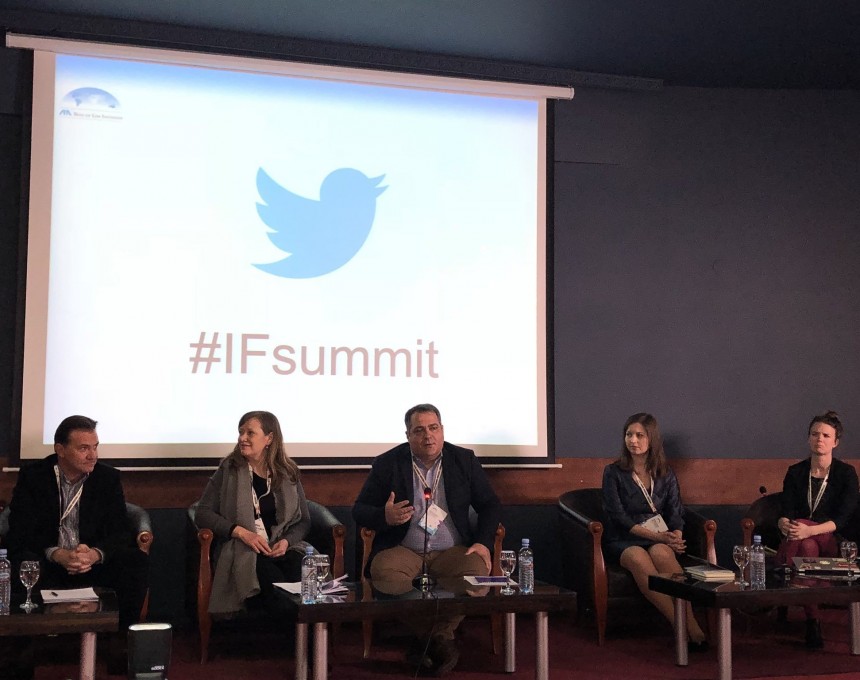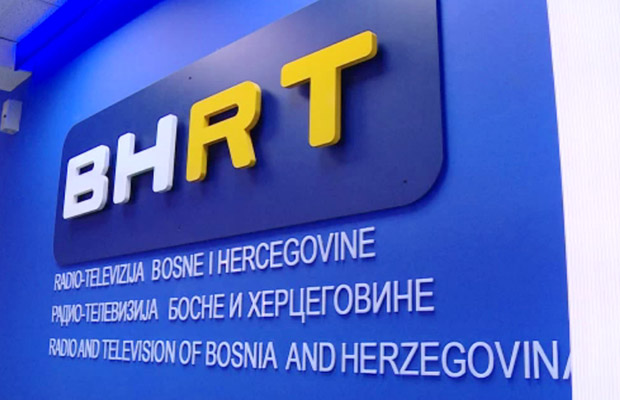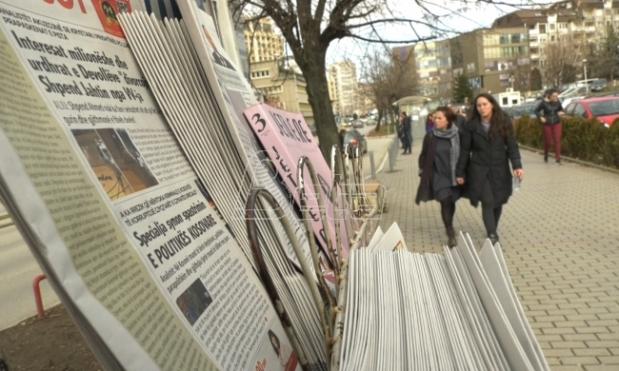BELGRADE, 26.03.2018. – Two persons: B. S. and M. S, “apparently connected with the KLA”, are mentioned in the documents of the UNMIK Missing Persons Unit under suspicion of involvement in the crime of the disappearance of Mr. Ljubomir Knezevic, the journalist of the Pristina “Jedinstvo” and the correspondent of “Politika”.
In the police file of UNMIK, additional nine suspects are suggested, in connection with the request for the extension of the investigation led by lawyer Stoja Djuricic, who represented the defendants in the process against former KLA commander Gani Ymeri from Vucitrn.
However, even in these UNMIK files there is no information about police attempts to find those people and interview them.
– UNMIK did not do anything to conduct an investigation, the Human Rights Advisory Panel (part of UNMIK) notes with concern, in opinion dated February 14, 2014, and delivered to Ljubomir’s son Goran.
The commission recommends that UNMIK request from EULEX and other competent authorities to continue the criminal investigation, while families are waiting for justice. It was the first and last time that, in 15 years after the disappearance, the Knezevic family heard about the investigation.
Previously, the family of Ljubomir Knezevic was unofficially informed that their father and husband were held in the Ćićevac camp, but nothing more in addition. The data from the Serbian security services from the White Book link three of the top members of the KLA operational area “Shala” (region of Kosovska Mitrovica, Vucitrn, Obilic, Zubin Potok and Leposavic) with the disappearance, but also they claim, with the murder of Mr. Ljubomir Knezevic. Gani Ymeri was also a commander in this zone.
For Knizevic’s kidnapping in the White Book of the Government of Serbia titled “Albanian Terrorism and Organized Crime in Kosovo and Metohija” and published in September 2003, the suspects are Hisni Ahmeti, called His, Met and Bekim Shuti, nicknamed Niku.
Bekim Shuti was the commander of a special KLA unit of 40 members, which was said to have kidnapped our colleague.
– Knezevic was taken to the headquarters in the village of Oshljana where he was tortured and then killed, according to the White Book.
Husni Ahmeti was “part of the group who kidnapped Knezevic on the bridge of Sitnica river in Vucitrn, and who was killed after several days of physical torture”. Met Shuti is also listed as a participant in a criminal offense.
After the arrival of international forces, all three of them moved to the top of the command of the Kosovo Protection Corps. According to the UNS, they were never examined.
Slobodan Milosevic, the former president of Yugoslavia, while cross-examining a Kosovo Albanian witness, before the Hague Tribunal, asked him about the murder of Knezevic.
In search for the source of this information, the UNS addressed the Citizens Association “Freedom”, which was actively involved in the defense of Slobodan Milosevic and who has Defense documentation from The Hague.
However, in their archives, they do not have any information that could indicate what kinds of facts are hidden behind Milosevic’s question. They say “the former president received information from various sources.”
When he disappeared, Ljubomir Knezevic was 60 years old and already had grandchildren. On Djurdjevdan, on May 6, 1999, he went to the family of Laketic, who lived three kilometers from the city center, near the railway station.
He went there also as a reporter. Knezevic left Mr. Laketic house at around 6 pm. He was going on foot. Since then, he was never seen again.
UNMIK police did not even try to talk to Laketic.
– As the last people known to have seen him alive, they could have provided at least information that could help in establishing the route which Mr. Ljubomir Knezevic used when he left their house, thus assisting in determining where his alleged abduction took place and point to other potential witnesses – the UNMIK Human Rights Advisory Panel says. But, nobody asked.
The UNMIK police annual report for 2000 states that until the end of that year, UNMIK police had full investigative authority in the Mitrovica region.
– The apparent lack of any immediate reaction from UNMIK Police, and of any adequate action at later stages, may have suggested to perpetrators that the authorities where either not able, or were not willing to investigate criminal acts. Such attitude of the authorities towards the gravest crimes in any society, and especially in post-conflict circumstances, inevitably creates a culture of impunity among the criminals and can only lead to a worsening of the situation. The problems, which UNMIK had encountered at the beginning of its mission, do not justify such inaction – is another of the conclusions of the UNMIK Human Rights Advisory Panel.
The EULEX mission, who took over all crime investigations, was for nine years claiming that it had no information about the kidnapping of Mr. Ljubomir Knezevic.
The UNS has come to the information that this case was in the Mitrovica court and presented it to EULEX.
Subsequently, EULEX informed UNS that UNMIK decisions related to the Knezevic case were forwarded to that mission and other competent authorities in 2014 with a request to “take all possible steps to ensure the continuation of the investigation.”
EULEX further explained to the UNS that UNMIK documentation from the investigation “has never been officially handed over to EULEX prosecutors, but only a copy of the opinion of the Advisory Panel”.
In a letter to UNS, EULEX explains that since 2014, due to changes in jurisdiction, new cases have been handed over to the local prosecutor offices.
The case of Ljubomir Knezevic’s kidnapping case is now in the Kosovo Special Prosecutor’s Office. Still, no one has contacted Knezevic family.
The first text of the UNS on investigating the disappearance of “Politika” journalist Ljubomir Knezevic: “Investigating the disappearance of journalist Ljubomir Knezevic: Intimidated witnesses, dismissed prosecutor and judge” read HERE.


